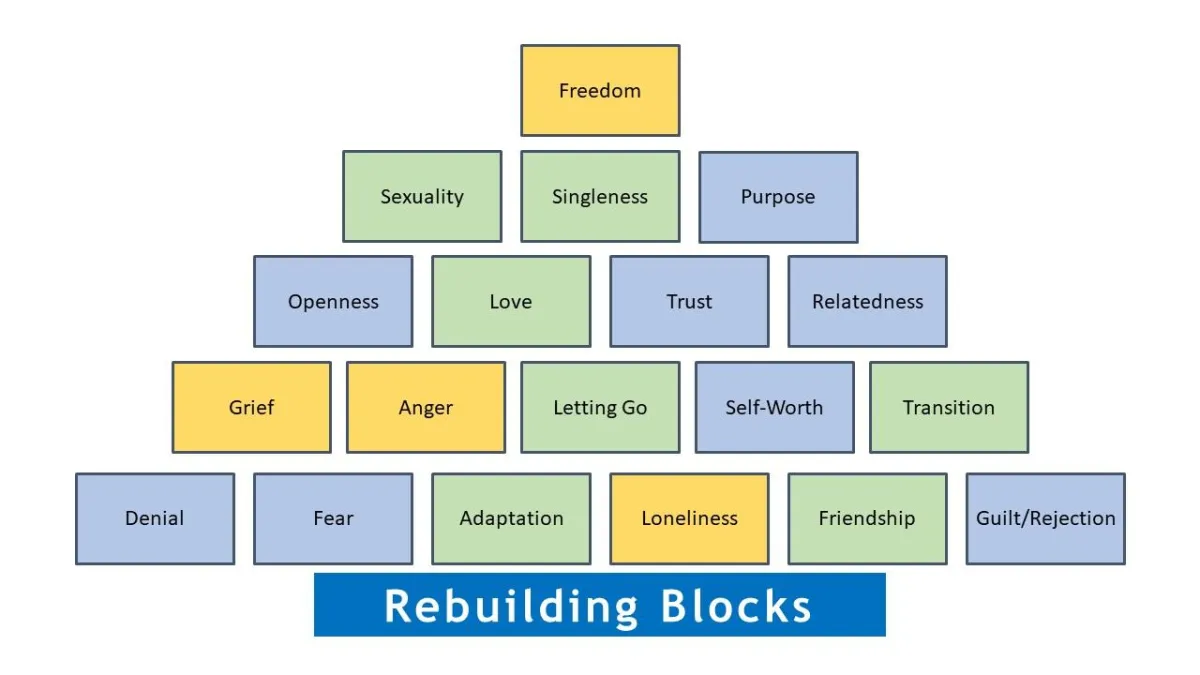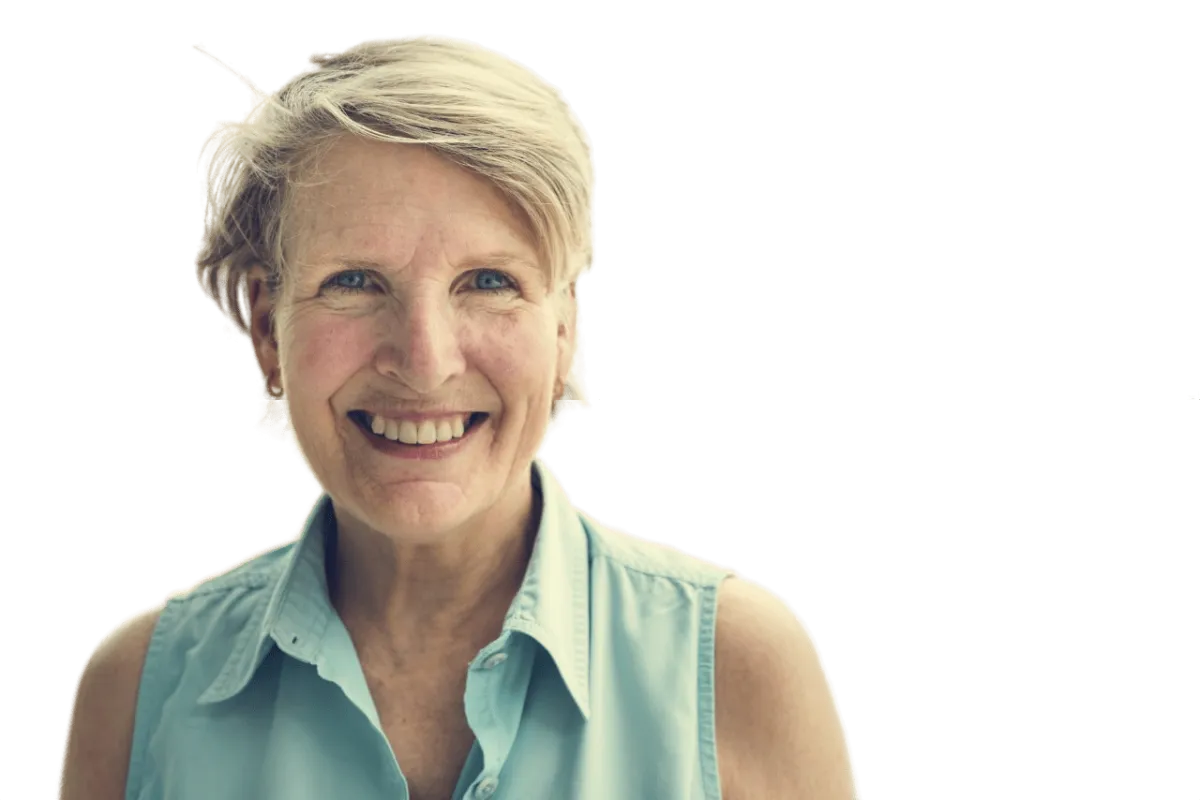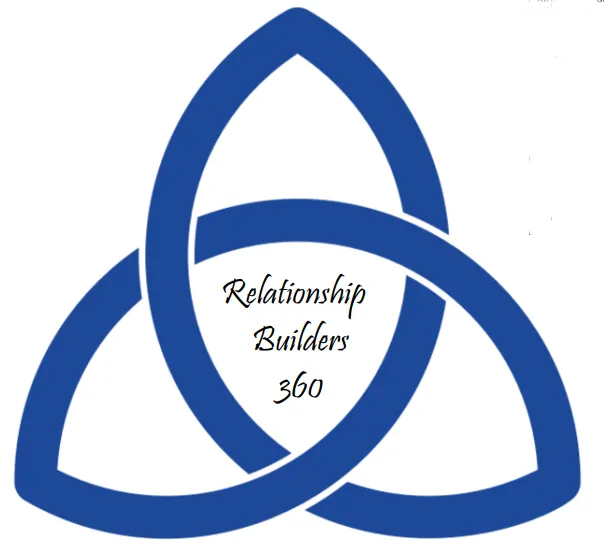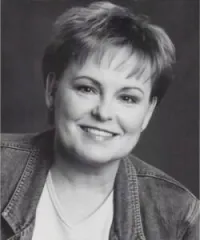The Rebuilding Seminar
What is it?
The Rebuilding Seminar is a 10-week Relationship Recovery Program.
The Rebuilding seminar is based on Dr. Bruce Fisher’s best-selling book Rebuilding: When Your Relationship Ends.
The in person group meets on Madison's west side on Tuesday evenings from 6:00 to 9:00 pm. Participants may also attend the group via live feed over Zoom.
Each week you will walk through the 19 Rebuilding Blocks. You will learn new information, do activities in class, and discuss the topic of the week with your peers and led by Margaret, your class facilitator.
You will have homework, 1-2 hours per week outside of class. You will get to know your class mates both in class and develop learning partnerships outside of class.
The 3 Components of the Proven Program
There's no limit to circumstances and obstacles that arise in life, and there's very little that we can't help within regards to the emotional wounds of divorce. It has been said that divorce is the second most difficult situation in life. Dealing with it takes the right combination of support, information and guidance.
At the end of the day, heartbreak is heartbreak. It leaves no one untouched. Whether you are early in the process or divorced for 20 years the wounds need to healed. Nevertheless there are unique circumstances depending on where you are in the process.

Proven Content
No other program in the world has the track record of the Rebuilding Seminar. Millions of people have relied on the information by Dr. Bruce Fisher. Over the last 40 years the program has been refined to deliver the best information so that you get results, quickly. Rebuilders 360 offers valuable tools and information delivered weekly.
Weekly Rebuilding Topics-
GRIEF AND DENIAL
FEAR AND ANGER
ADAPTATION AND TRANSITION
GUILT AND REJECTION
LONELINESS AND FRIENDSHIP
TRUST AND OPENNESS
SELF-WORTH
LETTING GO AND LOVE
RELATEDNESS AND SEXUALITY
SINGLENESS AND PURPOSE

Supportive Community
The Rebuilding Seminar is a supportive, encouraging environment.
We have guidelines in place to create the right atmosphere for growth and honest, vulnerable communication.
You can be yourself and learn from others. You work together, getting and giving perspective.

Expert Coaching
Your class facilitator Margaret is a highly trained expert, and has travelled the recovery process herself. She understands the thoughts, feelings and experiences which can arise on your recovery journey.
As your coach and mentor, Margaret can help guide you as you go forward.
Ready to Get Started? Enroll Now.
Let's Start Rebuilding. Together.
You don't have to do this alone. You aren't the only one going through this. With the right combination of community, coaching, and content you can dramatically rebuild your life. You can be happy and looking forward to the next chapter. How will you Rebuild?
Stay up to date
Ready to continue Rebuilding and Building? Stay up to date on the latest news, articles, and blogs.

Don’t Blink, You’ll Miss It – Health care in a rapidly changing world
Don’t Blink, You’ll Miss It – Health care in a rapidly changing world

“Don’t blink or you’ll miss it!” We city kids always joked about the little towns we’d drive through on our Sunday drives or on the way to summer vacation. Trees, crops, and barns interrupted by a brief braking to pass a bar, church, and post office. That’s how it seems with health care these days. Politics aside (and not discussed here), the delivery and payment for health care is changing so rapidly “don’t blink or you’ll miss it”!
After a change in a significant relationship, you may find yourself navigating the healthcare system one your own for the first time, or at least from a very different perspective. You may have moved away from your former residence, you may now be responsible for finding new healthcare coverage, or even finding a new provider. All of these are much more challenging than they were a year ago.
Before you think about making any changes in coverage, read the plan. Know the plan. Don
’t be afraid to call the plan and ask questions – over and over – until you know what your coverage costs, and the benefits you have. Hospitals, physician groups, and insurers are aligning together in new ways called Accountable Care Organizations. The goals of the ACO’s are to deliver high quality care while saving money through lowered costs. Take a look at this website for more information. The ACO concept has been around for a couple of years, but new strategic alignments are being created all the time, even here in Wisconsin. Make sure you fully understand whether your plan is part of an ACO, and how that ACO affects availability and locations of primary and hospital care.
One of the key factors that your hospital and providers know is a success to their healthcare delivery model is “consumer engagement”. That means that your participation and satisfaction in your own healthcare experience is a primary driver for ACO sustainability. What does all that mean? In short, insurers and providers are spending MORE money than ever to find new ways to effectively educate and communicate with you, the consumer. You are likely to be invited to answer surveys, engage your health record electronically, create and work toward health goals, and do more “home-work” related to any chronic health conditions you may have (like high blood pressure, diabetes, obesity, etc.)
Likely, your outpatient provider and hospital are now offering patient advocacy services. These advocates can help you get resources you need to become more active in your own healthcare. From understanding your bill and insurance benefits to accessing post-discharge assistance, advocates and other professionals are helping consumers in ways that effectively “connect” you and try to make you feel more “in control” of your health. Your hospital or clinic is also engaging social media, like Facebook, or electronic newsletters with advice or news about the latest developments in health care. All of these strategies are designed to achieve a greater and safer patient health outcome.
Health care is changing at an historically accelerated pace – don’t blink!!!
Contact Us
You’ve already come a long way. Let’s reach the next level together.

Email: info@relationshipbuilding360.com
Address:
6402 Odana Rd,
Madison, WI 53719
Phone:
608-204-6076
